The Democratic Progressive Party (DPP) authorities' pursuit of "Taiwan independence" by aligning with the U.S.' "decoupling" agenda will harm local businesses by obstructing cross-Straits cooperation, a spokesperson for the State Council's Taiwan Affairs Office told a press conference on Wednesday.
In response to reports that the Taiwan Semiconductor Manufacturing Co (TSMC) agreed to halt supplying specific chips to clients on the Chinese mainland starting Monday, Zhu Fenglian, a spokesperson for the Taiwan Affairs Office said that promoting cross-Straits industrial cooperation benefits business development and enhances well-being on both sides of the Straits.
The relevant reports reaffirm that the U.S. is using the "Taiwan card" to escalate tensions in the Taiwan Straits, with the aim of containing China. The DPP authorities, in their attempt to rely on external forces to seek "Taiwan independence," have blindly followed the U.S. in promoting "decoupling and disconnection," creating additional artificial barriers to cross-Straits industrial cooperation, Zhu noted.
This approach ultimately harms the interests of Taiwan businesses, weakens the competitive edge of Taiwan's related industries, and causes Taiwan to miss out on future industrial development opportunities, Zhu added.
The U.S. Department of Commerce sent a letter to TSMC to impose export restrictions on advanced 7-nanometer chips or more sophisticated designs intended for the Chinese mainland, which are used in AI accelerators and graphics processing units, Reuters reported on Sunday, citing anonymous sources.
On Friday, the South China Morning Post reported that TSMC has told clients from the Chinese mainland that it will no longer produce advanced chips for them, according to a person familiar with the matter.








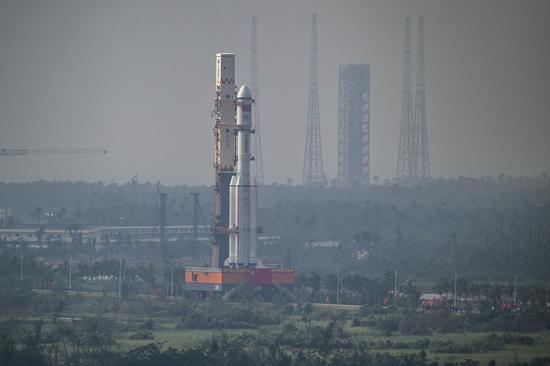
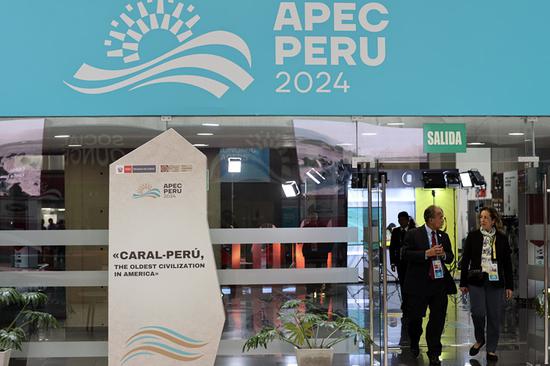



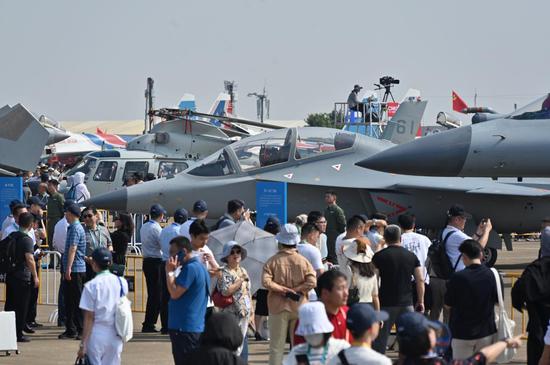







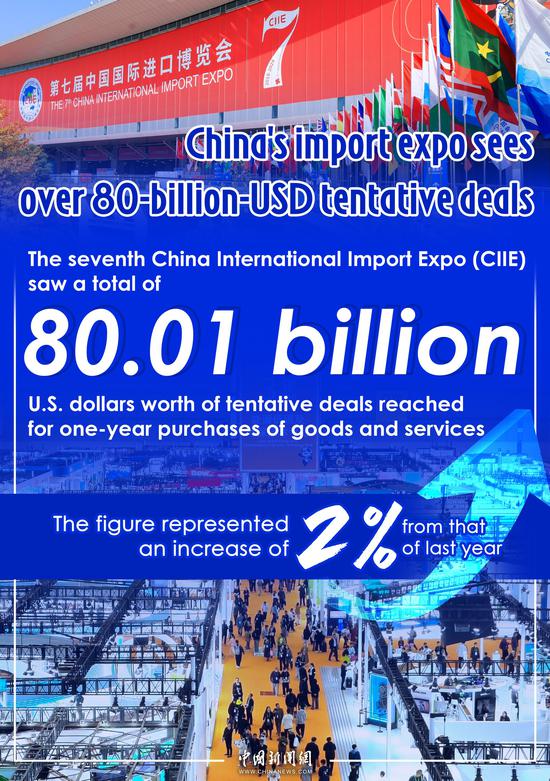
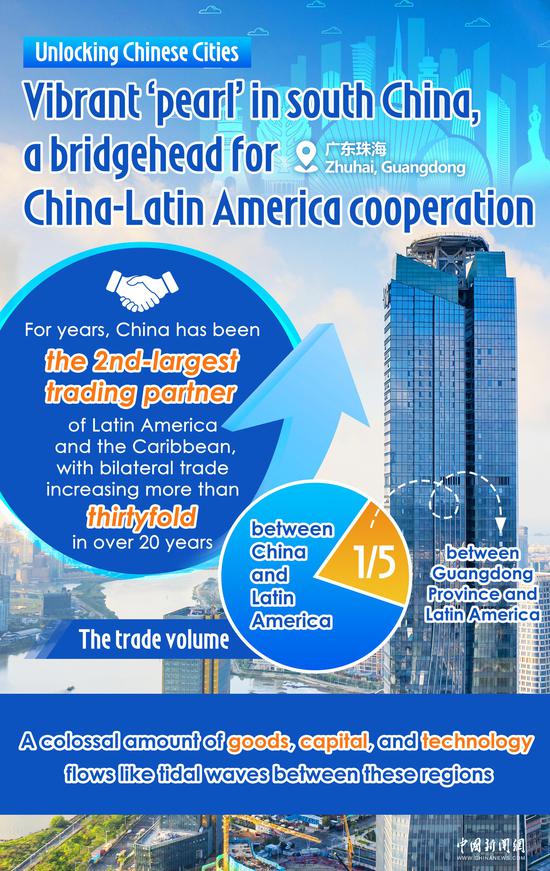
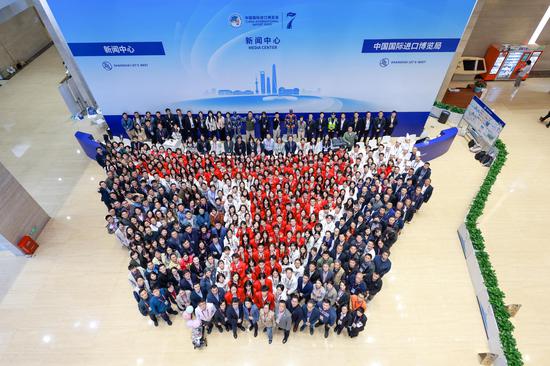
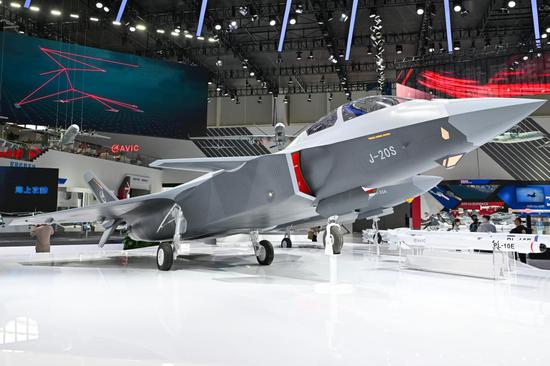







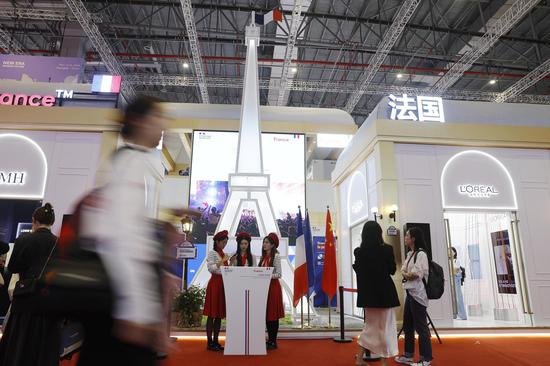




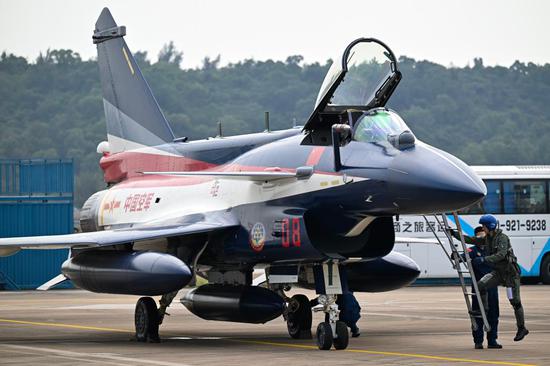

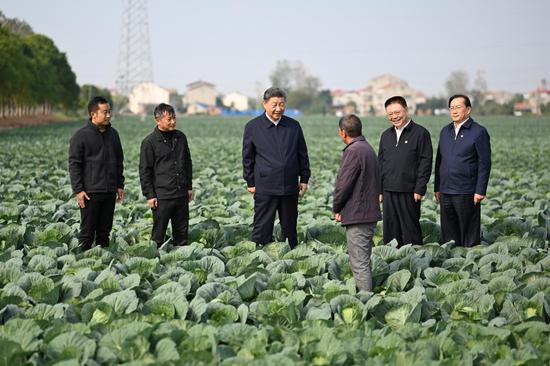
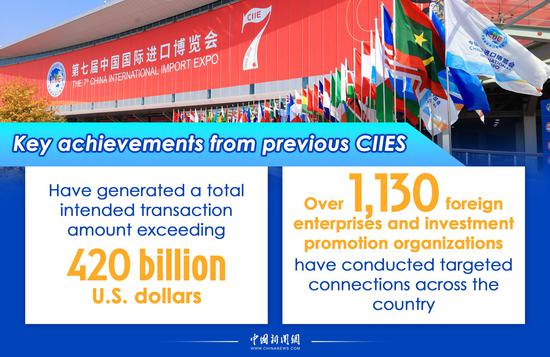
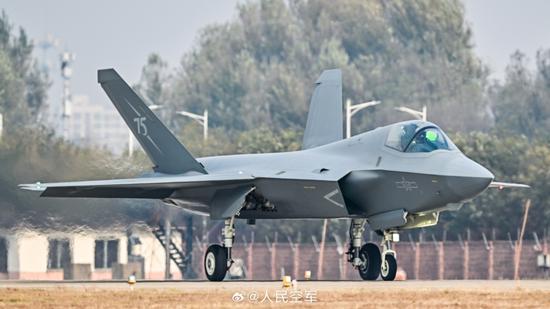




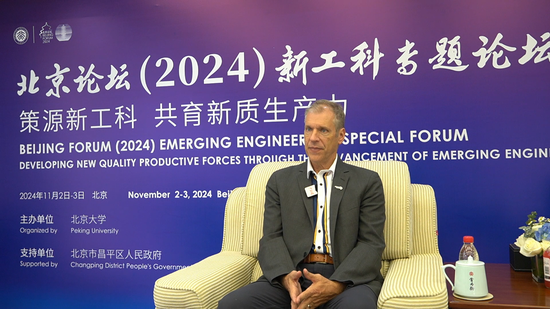

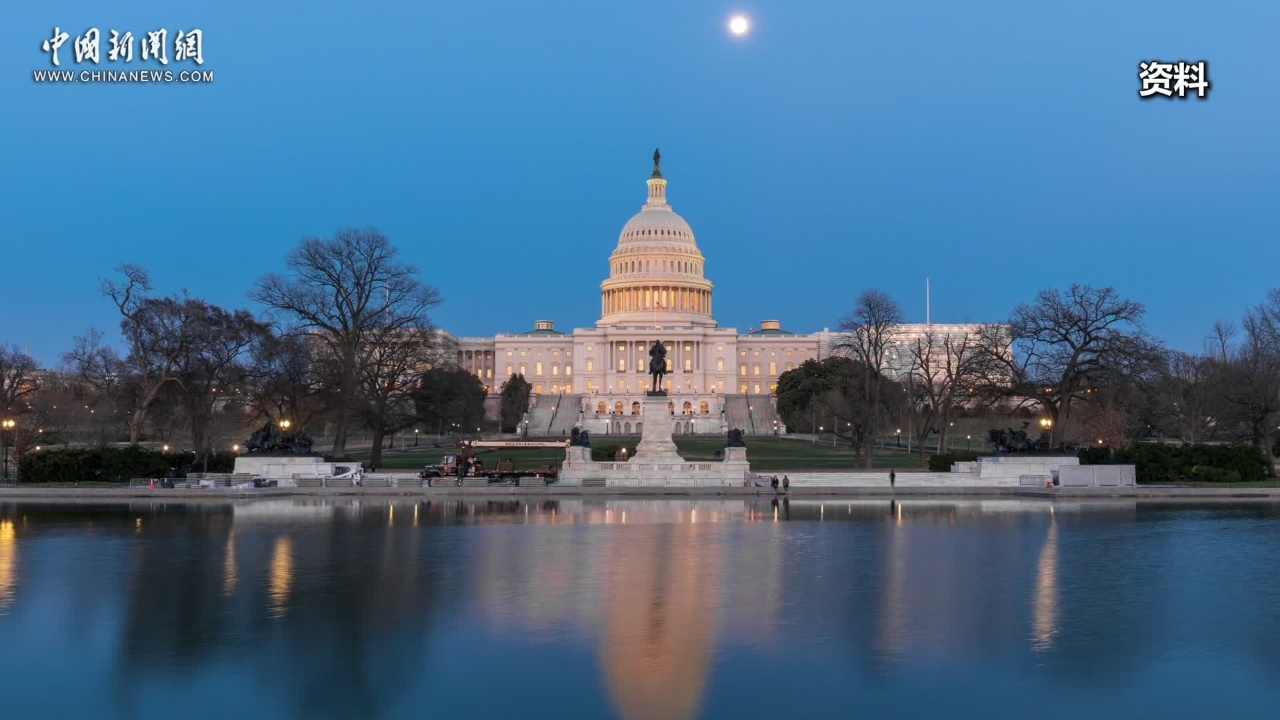

 京公网安备 11010202009201号
京公网安备 11010202009201号